Sleep Apnea Treatment – Boston, MA
Better Nights For Better Mornings
According to the American Academy of Sleep Medicine, an estimated 17-20% of the population suffers from some form of sleep apnea. That means upwards of nearly 60 million Americans suffer nightly oxygen deprivation (shallow breathing or hypopnea), and episodes of no breathing – which sets in play a host of risk factors connected to many troubling medical disorders. Our goal is to provide an expanded array of options to help many people who suffer from these issues. For dentists, physicians, and their patients – there’s another life to be saved, another relationship to mend, and more good night’s sleep to be achieved with proper sleep apnea treatment in Boston.
Why Choose Dental Health & Wellness Boston for Sleep Apnea Treatment?
- Custom-Made Sleep Appliances for Each Patient
- Gentle & Effective Alternative to CPAP Therapy
- Able to Stop Snoring for Good
What is Sleep Apnea?

During sleep or relaxation, the muscles of the mouth and throat relax and the size of the airway decreases. This narrowing of diameter in the airway increases the rate of airflow traveling through the throat. This creates a low-pressure environment (Bernoulli’s Principle) and an opportunity for the flexible soft tissue airway walls to collapse into the opening. When the airway collapses completely, all airflow stops, creating an apnea (which means “stopped breath”). This occurs despite repeated efforts to breathe (“paradoxical breathing”) where diaphragmatic and chest wall muscles continue to struggle almost violently to take a breath.
Chronic Snoring
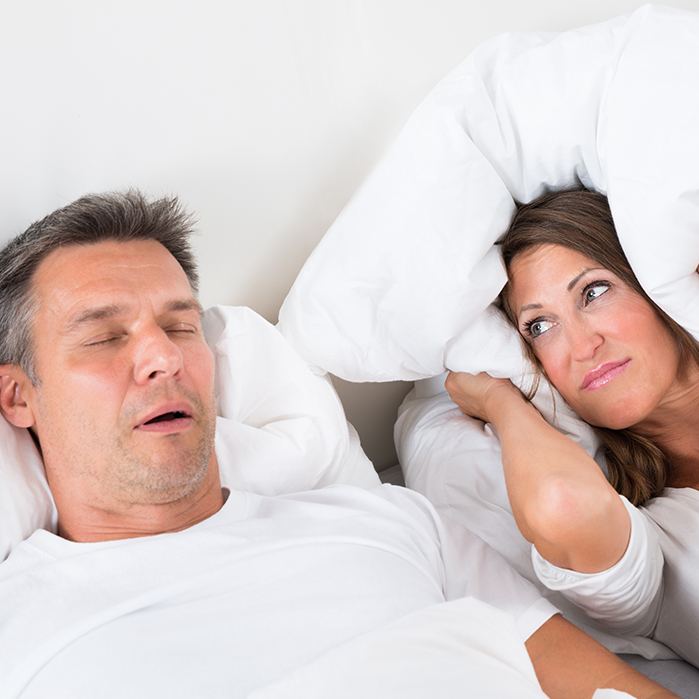
There are 200 million (estimated 67%) snorers in the United States. Snoring is the beginning of a health-disease continuum that researchers now link with many of life’s most challenging diseases, and even to death itself. As snoring deepens or persists, it can lead to Sleep Apnea, a Greek expression for “without breath” or “want of breath.” Though snoring is the most annoying part of sleep apnea, sleep apnea is a much more complicated problem that may be remedied by dental sleep medicine and oral appliance therapy.
Sleep Testing
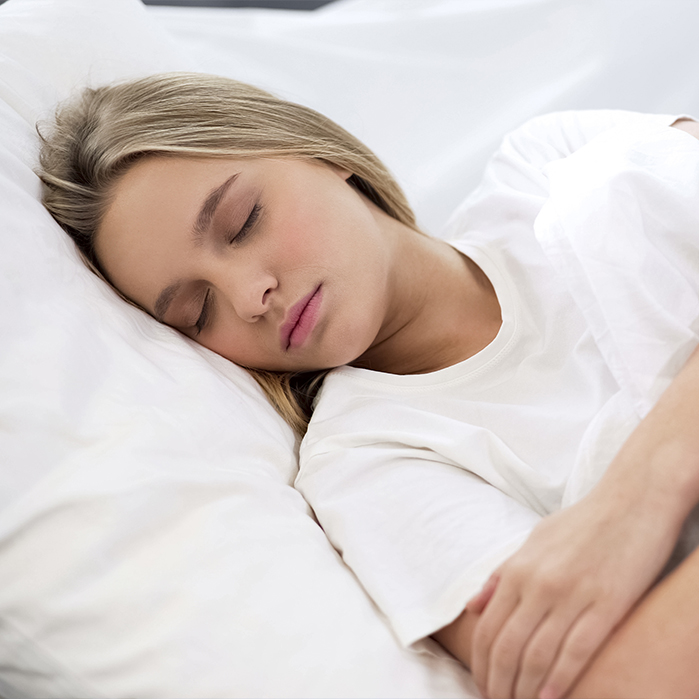
At Dental Health and Wellness Boston, we provide sleep apnea testing devices that you can use in the comfort of your own home. The first step to getting sleep apnea treatment is to receive an official diagnosis, and for this, a patient has to undergo a sleep test. We offer at-home sleep testing, meaning you won’t have to spend an uncomfortable night in a lab. You’ll wear a small device to bed for a few nights and bring it back to our office. From there, we’ll send the data to a physician who will analyze it and determine whether or not you have sleep apnea.
Oral Appliance Therapy
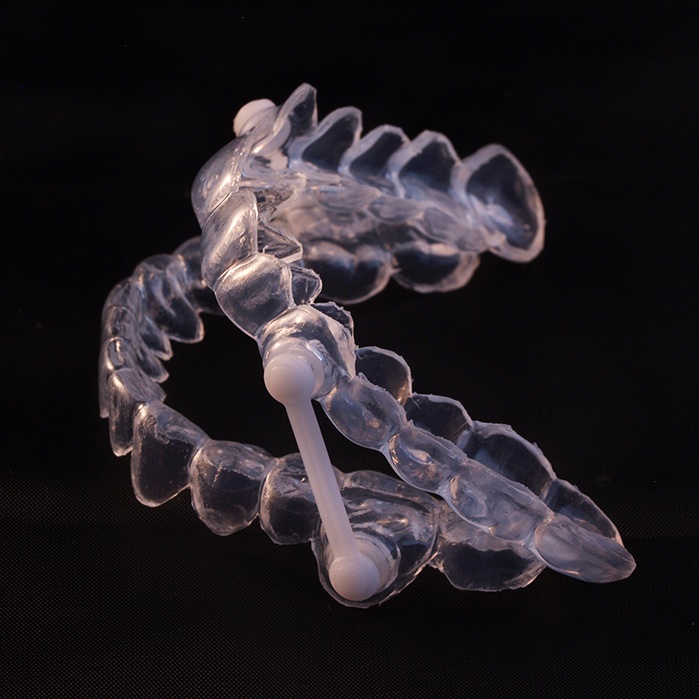
In 2006, The American Academy of Sleep Medicine established that oral appliances provide treatment for mild to moderate obstructive sleep apnea. Oral dental appliances, made of plastic trays, anchor on the teeth and help hold the lower jaw in a forward position and thus keep the tongue from falling on the back of the throat when relaxed. Oral appliance therapy is currently enjoying a wide surge in popularity due in large part to the inability of many people to tolerate other sleep apnea treatments such as Continuous Positive Airway Pressure (CPAP) Therapy or uvulopalatopharyngoplasty surgery (UPPP), which removes soft tissue on the back of the throat.
Oral Appliances serve a very important role in treating today’s epidemic of obstructive sleep apnea. This has created a new sub-specialty in dentistry, called "Dental Sleep Medicine". The American Academy of Sleep Medicine and the American Academy of Dental Sleep Medicine have come together to develop standards and protocols for the joint effort to treat sleep apnea as it relates to the use of oral appliances. At Dental Health & Wellness Boston, one of our specialties is helping patients who suffer from sleep apnea understand the benefits of oral appliance therapy.
Are You at Risk?
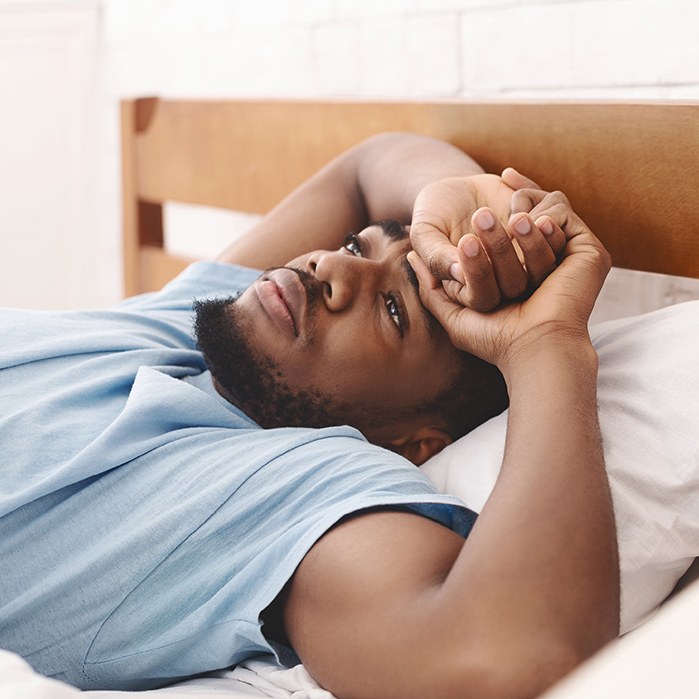
Sleep apnea is more common among men and post-menopausal women. Others at risk include anyone with a family history of sleep apnea, people who are overweight, have high blood pressure, or possess small airways in the nose, throat, and mouth. According to the National Institute of Health, there are some elevated incidences of sleep apnea among Latinos and African Americans. If you think you are at risk, please talk to us during your next visit.
Harmful Effects
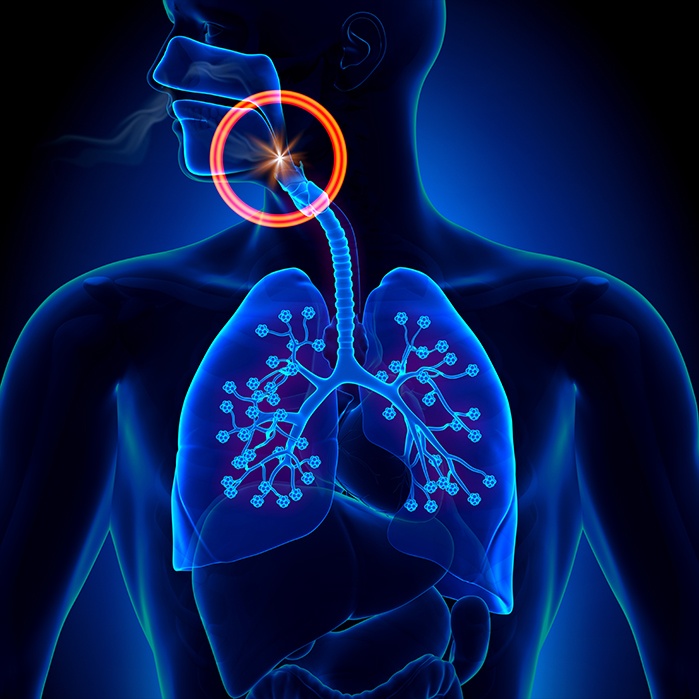
There is now an escalating amount of information from the medical research that frequent nighttime arousals (which occur when the oxygen level in the blood drops and the need to breathe overpowers sleep), set in play dangerous biochemical processes, which produce subtle yet serious injury to the body. These harmful effects may be treated with oral appliance therapy and dental sleep medicine at Dental Health & Wellness Boston.
